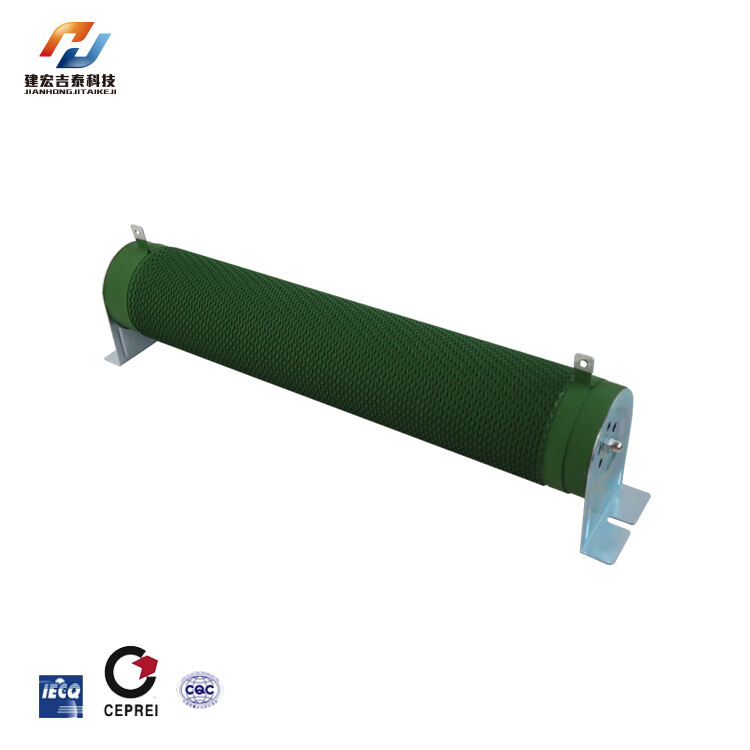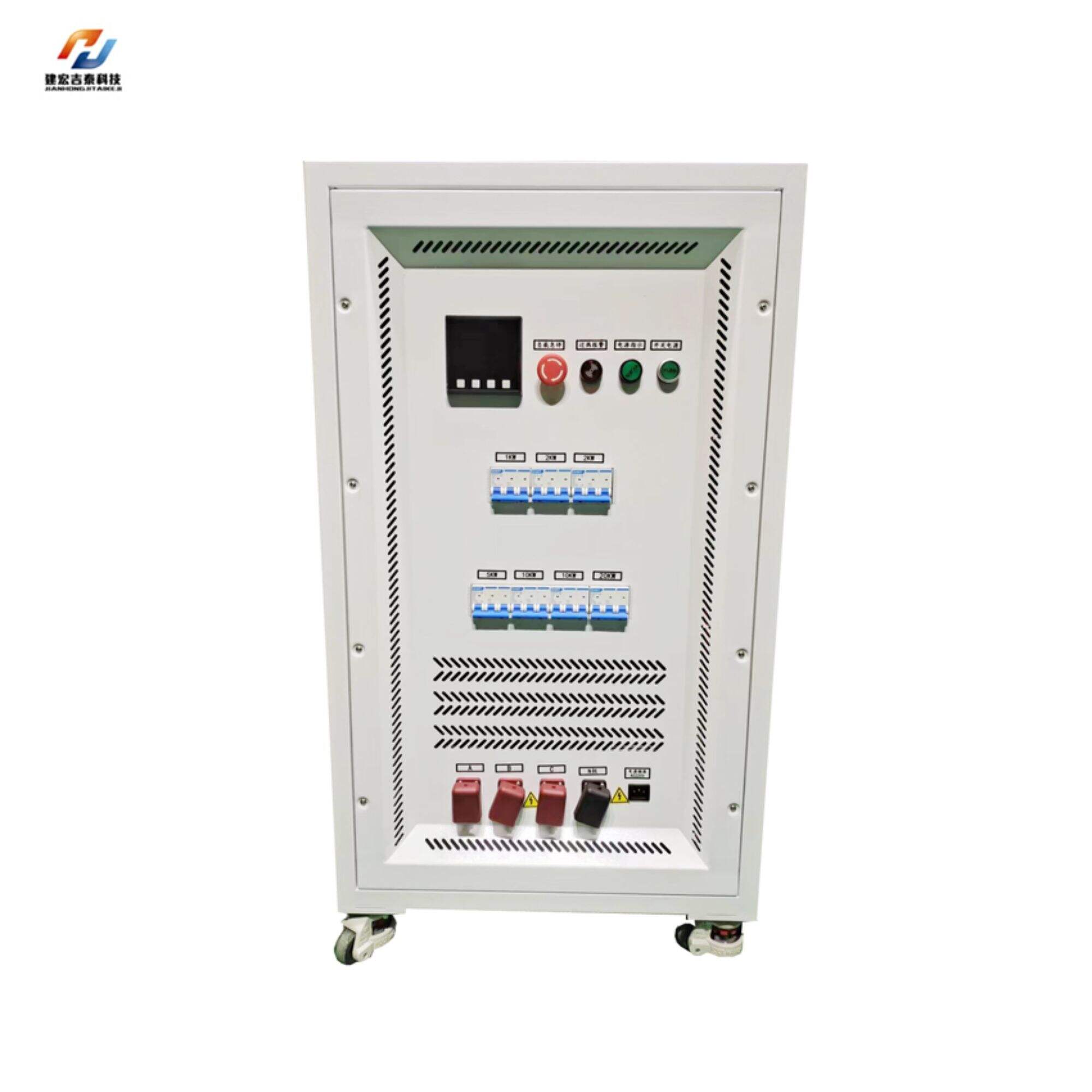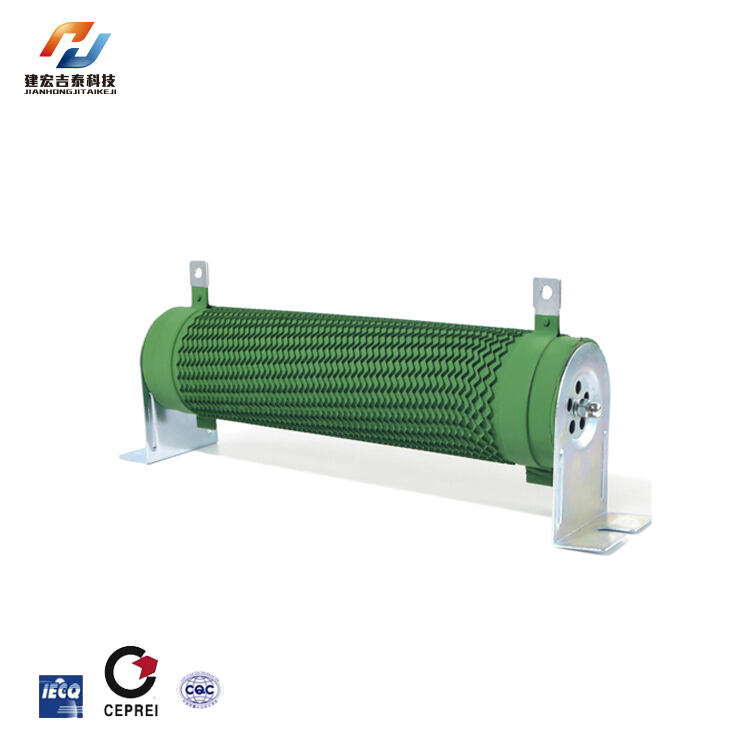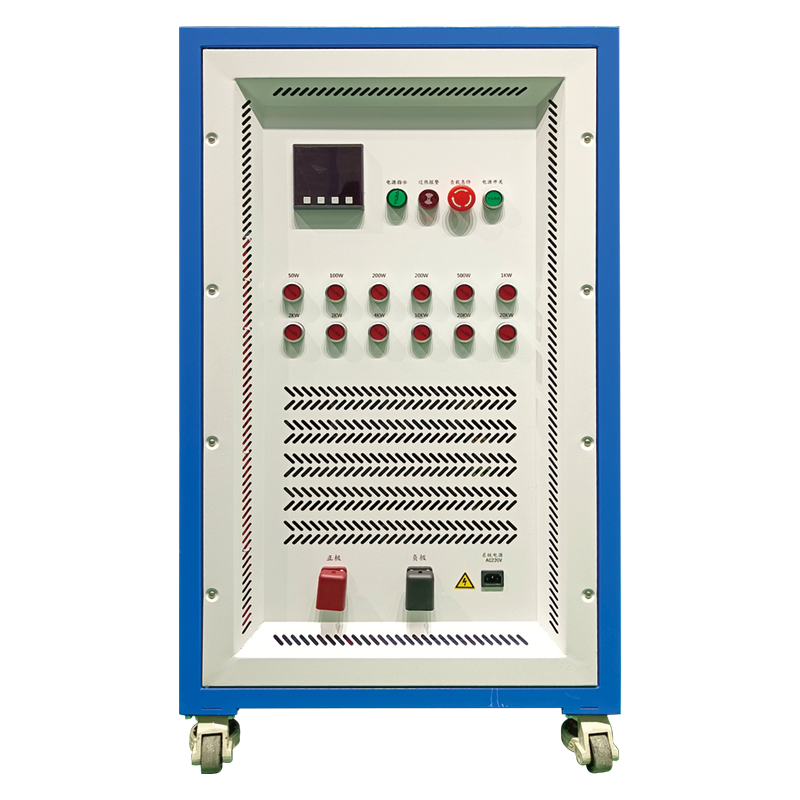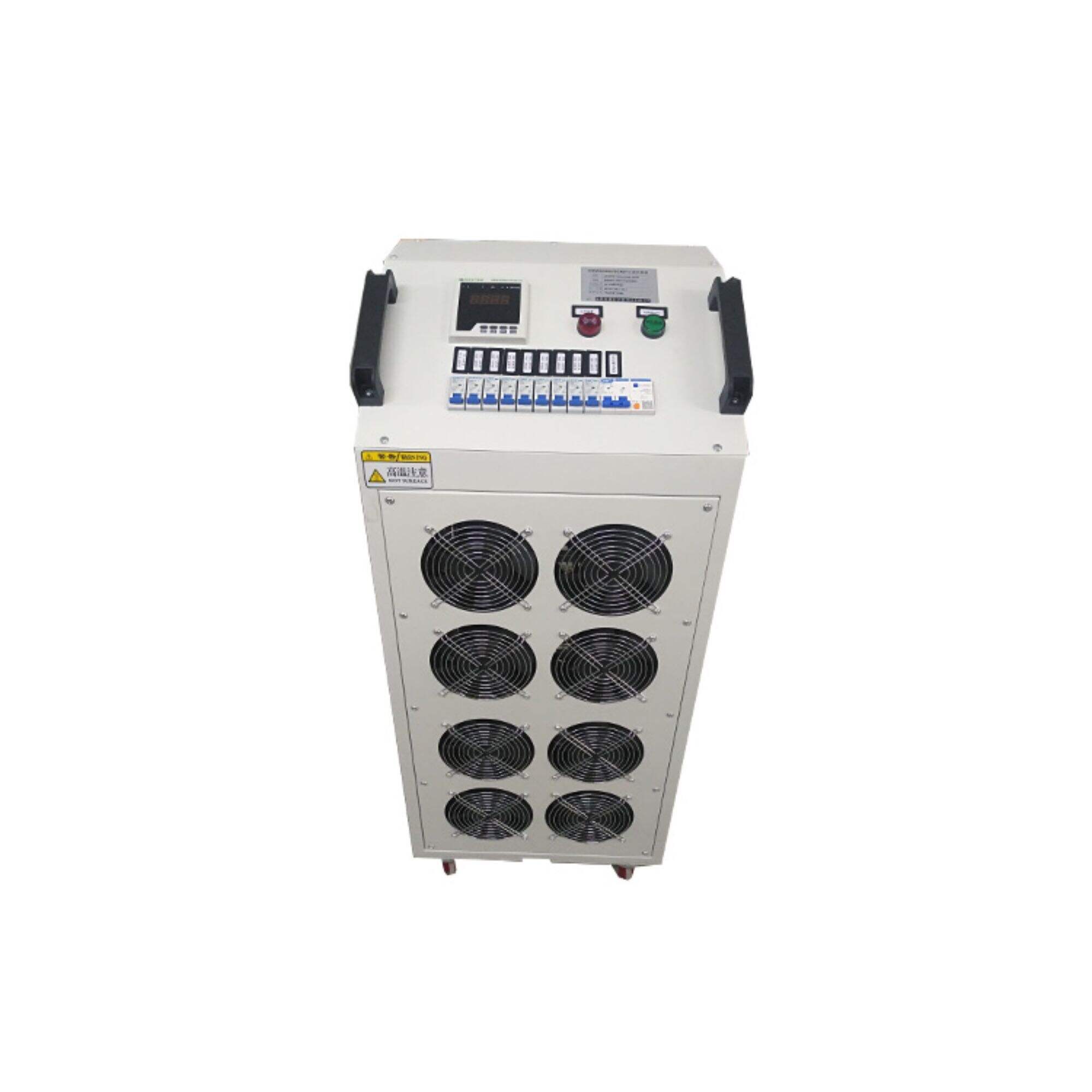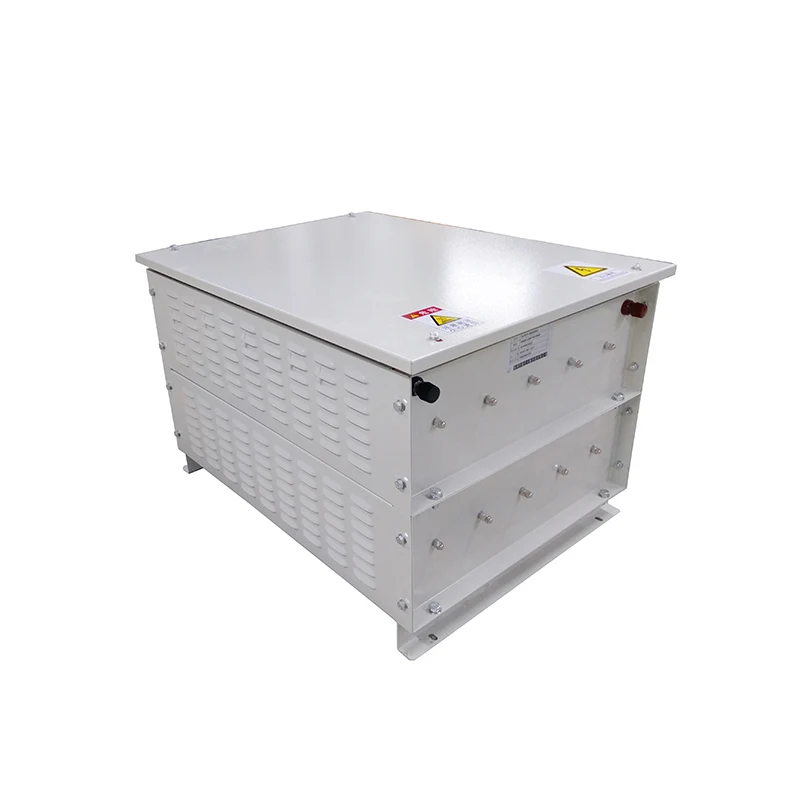Properties of Aluminum as a Resistor Explored
In the wide field of electrical engineering and materials science, selection of a resistor material has implications for various applications from basic circuits to sophisticated electronic systems. The term "resistor" refers to a passive component that opposes the flow of electric current, thereby converting electrical energy into heat. For aluminium to be considered as an effective resistor, we must study its basic characteristics and compare them with properties typical of resistor materials.
What is Aluminum?
Aluminium (Al) is a lightweight, silver-white metal found in the boron group of elements on the periodic table. It is celebrated for its excellent thermal and electrical conductivity and thus finds extensive use in sectors such as aerospace, construction, and electronics. Nevertheless, precisely because it has these qualities which make aluminum particularly good at conducting it does not mean that it will be an ideal resistive material without qualification.
Resistor Criteria:
Electrical Resistivity: This measures the opposition to the flow of electric current through a material. A higher resistivity indicates a better ability to resist current flow, which is desirable in resistors.
Thermal Stability: Resistors’ capacity to uphold unchanged resistance values across a large temperature span keeps the stability of circuits going.
Durability and Cost-Effectiveness: This is essential for ensuring that a resistor can be manufactured at low cost, does not corrode, wears out or breaks easily.
Availability and Processing: Another thing is that it is relatively easy to source as well as process into various forms hence making it suitable for use as resistors.
Analyzing Aluminum's Suitability as a Resistor:
Electrical Resistivity: It offers one of the best electrical conductivities among metals and is widely used in power transmission lines and wiring because of its good electrical resistivity. From an electrical resistivity standpoint, aluminum does not make a good resistance material like other materials would do.
Thermal Stability: On the other hand, aluminum has poor thermal conductivity while its very low resistivity makes it inefficient in converting electric energy into heat as resisters do. Additionally, slight variations in temperature may change its resistivity but not significantly enough to make it a desirable characteristic of a resistor.
Durability and Cost-Effectiveness: As compared to other materials that are used for building electronics, aluminum is tough, resistant to corrosion and cheap. However, these traits are more about why it’s been employed extensively across different industries rather than its appropriateness for use as a resistor.
From the above analysis it is clear that aluminum is not a good material for resistors. This is because its low electrical conductivity, an advantage if being used in applications which require high conductivity, counteracts its potential as a resistor where it has to oppose electrical current.
Recommended Products
Hot News
-
What Are The Functions Of The Ac Load Box For Power Supply Detection And Maintenance
2024-01-11
-
The Use Characteristics And Methods Of The Load Bank Of The Generator Set
2024-01-11
-
The function of the load bank
2024-01-09
-
Explore The Types And Characteristics Of Resistors: Fixed And Variable Resistors
2024-01-09
-
How Resistors Work And Their Applications In Circuits
2024-01-09
-
Load Banks: Ensuring Optimal Performance in Power Testing Environments
2024-10-21
-
Exploring the Advantages of Wirewound Resistors for Precision Applications
2024-10-14
-
Understanding the Benefits of Aluminum Resistors in High-Performance Applications
2024-10-08

 EN
EN
 AR
AR
 BG
BG
 HR
HR
 CS
CS
 DA
DA
 NL
NL
 FI
FI
 FR
FR
 DE
DE
 EL
EL
 IT
IT
 JA
JA
 KO
KO
 NO
NO
 PL
PL
 PT
PT
 RO
RO
 RU
RU
 ES
ES
 SV
SV
 TL
TL
 ID
ID
 LT
LT
 SR
SR
 SK
SK
 UK
UK
 VI
VI
 HU
HU
 TH
TH
 TR
TR
 AF
AF
 MS
MS
 GA
GA
 BN
BN
 LO
LO
 LA
LA
 NE
NE
 MY
MY
 UZ
UZ

